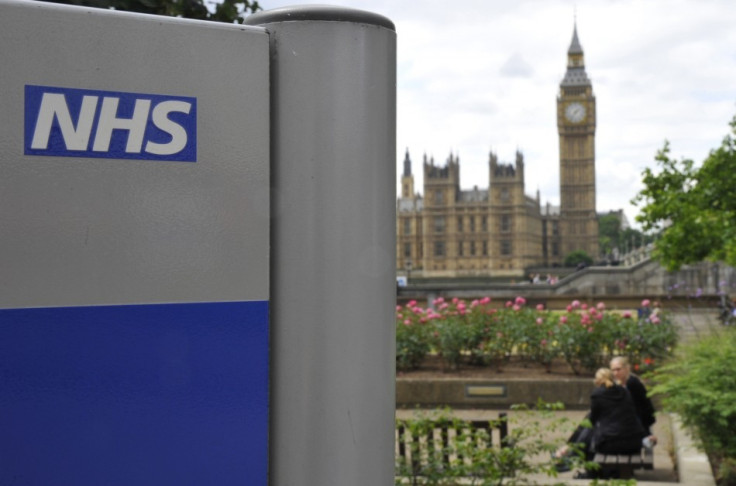NHS Faces Decade of Austerity as Spending Crisis Cuts Bite
Thinktank warns health service faces toughest budget squeeze in 50 years.

The NHS is facing more than a decade of austerity as it struggles to recover from budget cuts, research by a leading thinktank has predicted.
A report by the Institute for Fiscal Studies (IFS) has warned that the savings proposed between 2011 and 2015 would represent the "tightest four-year period" for the health service in the last 50 years.
It also warned that the NHS, which is in the middle of a major reorganisation, may struggle to maintain all of its free services and fall behind in meeting the demands of an ageing society.
NHS spending accounted for 23 percent of all public expenditure in 2010/2011, according to the report. If the "real freeze" on NHS spending continues from 2015 to 2017, there will need to be cuts to other public services of some 2.3 percent.
Even if chancellor George Osborne was to implement welfare cuts of £8.5bn over 2016/17, as he has suggested in the 2012 budget, spending on public services would still need to be cut by 1.7 percent per year over 2015/16 and 2016/17 to keep up with spending plans.
The report claimed that increasing NHS spending in line with national income from 2015/16 to 2021/22 would not cause the NHS budget to grow as quickly as predicted by the Office for Budget Responsibility.
The proposed increase in health spending, coupled with a public spending rise of 1 percent in real terms, would leave the government having to decide between welfare cuts, borrowing or an increase in taxation equivalent to a two percent VAT hike, representing an additional £10bn savings.
"The last decade saw the NHS receive large increases in its funding, but the outlook for the 2010s is in sharp contrast to this," said Carl Emmerson, deputy director of the IFS and co-author of the report.
"The current spending plans that run to March 2015 are tighter for the NHS than any delivered in the last 50 years and the outlook for spending on public services beyond this suggests that, if it grows at all, NHS spending is not likely to keep pace with the amount that it has been estimated it needs to keep pace with the costs of an ageing population.
"Serious consideration should be given to the options for the NHS, which include reviewing the range of services free at the point of use and reconsidering the level of taxation needed to finance them."
The NHS spending squeeze follows more than a decade of real-term rises, reaching £137.4bn in 2010/2011.
Nuffield Trust chief economist Anita Charlesworth said: "Asking the NHS to take a more equal share of the pain across the public services amounts to an unprecedented productivity challenge.
"If the government can increase taxation or borrowing, cut the welfare bill further or generate greater efficiencies in other parts of the public sector, then the NHS might be in line for a real terms increase, albeit at a rate that does not keep pace with demographic pressures.
"However, if any of these options are judged to be too difficult politically or too damaging to vulnerable groups and other key public services, health spending will have to fall in real terms.
"Whatever happens, the NHS needs to plan a medium-term future based on belt-tightening and it needs to be prepared for future years to be even tougher than they are now."
© Copyright IBTimes 2024. All rights reserved.





